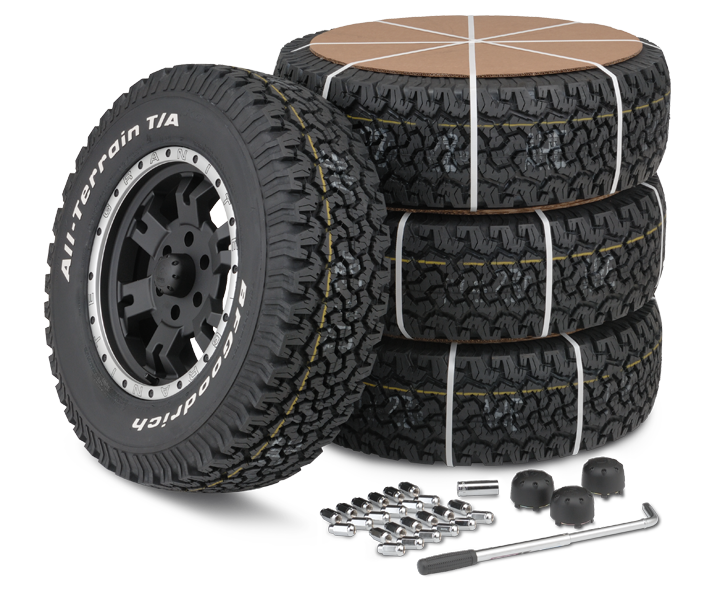Tire Solution: Comprehending Tire Pressure Monitoring Solutions
Comprehending Tire Stress Tracking Equipments (TPMS) is a crucial element of preserving optimal automobile efficiency and safety and security when traveling. With developments in auto innovation, TPMS has come to be a standard function in modern automobiles, giving real-time details on tire pressure levels. Digging deeper into the details of TPMS, one can reveal the different parts that make up this system and the relevance of each in ensuring accurate tracking. From straight to indirect TPMS systems, the landscape of tire pressure monitoring varies, each with its distinct collection of considerations and benefits. Stay tuned to unravel the intricacies of TPMS, from upkeep suggestions to the indisputable advantages of maintaining your tires correctly blew up. tire shop morris.

Significance of TPMS
The relevance of Tire Stress Monitoring Systems (TPMS) hinges on their capability to improve lorry security and efficiency with real-time monitoring of tire pressure degrees. Preserving the proper tire pressure is vital for making certain ideal handling, braking, and general safety and security of a car. TPMS provides chauffeurs with immediate comments on any overinflated or underinflated tires, enabling prompt modifications to be made.
Components of TPMS
Making up numerous necessary components, a Tire Stress Tracking System (TPMS) functions as an advanced safety and security function in contemporary automobiles. The primary components of a TPMS consist of sensing units, a control component, and a caution indicator. Sensing units are commonly located in the tire shutoff stem or affixed to the wheel setting up, where they measure tire pressure and transmit information to the control module. If it finds considerably low stress in any of the tires, the control module procedures this details and causes a caution. The warning sign, frequently a sign on the dashboard, signals the chauffeur to examine the damaged tire or tires. Some advanced TPMS models additionally display the actual tire pressure readings for each tire, giving vehicle drivers with real-time info to make sure ideal tire efficiency and safety. By keeping an eye on tire stress continuously, TPMS helps protect against mishaps, minimizes tire wear, and enhances gas efficiency, making it a critical element for vehicle safety and security and performance.
Kinds of TPMS

On the other hand, indirect TPMS depends on the car's wheel speed sensing units to monitor tire pressure. This system spots underinflation by directory comparing the rotational rates of the wheels. Indirect TPMS is much less costly than straight TPMS, as it uses existing sensors within the automobile.
While direct TPMS offers more exact analyses, indirect TPMS is simpler in design and typically calls for much less upkeep. Both systems have their constraints and advantages, and the option between them typically relies on variables such as expense, automobile make, and individual preference. Comprehending the differences in between these 2 kinds of TPMS can aid lorry proprietors make educated advice choices concerning tire maintenance and safety and security.
TPMS Upkeep Tips
Effective upkeep of TPMS is crucial for making sure ideal efficiency and security of your lorry. Regularly evaluating the TPMS sensing units for any type of damages or rust is essential. Make certain that the sensing units are free and clean from debris that can disrupt their functioning. Furthermore, it is a good idea to check the sensor batteries regularly and change them as needed to assure precise readings. Conduct regular look at the tire stress levels and contrast them with the TPMS analyses to ensure they correspond. If there are any kind of discrepancies, recalibrate the system complying with the supplier's standards. Additionally, during tire rotation or replacement, make sure that the TPMS components are handled meticulously to avoid any kind of potential damage. If the TPMS warning light brightens on the control panel, attend to the issue without delay by inspecting the tire pressures and the general system for any type of faults. By sticking to these maintenance tips, you can extend the lifespan of your TPMS and enhance the safety and security of your driving experience.
Advantages of Proper Tire Pressure
Keeping appropriate tire stress, as highlighted in TPMS Upkeep Tips, is vital for reaping the various benefits related to optimal tire pressure degrees. Among the primary advantages of maintaining the right tire stress is boosted gas efficiency. When tires are correctly inflated, there is less rolling resistance, resulting in better fuel economic climate. In addition, proper tire pressure makes sure also tire wear, expanding the lifespan of the tires and advertising safer driving conditions. With the best tire pressure, automobiles additionally have better handling and traction, particularly in damaging weather conditions. This can enhance overall driving efficiency and security for the vehicle driver and passengers. Keeping optimum tire stress can add to a smoother and much more comfortable adventure by decreasing vibrations and sound created by underinflated tires. In verdict, the advantages of proper tire stress go beyond just tire you could try here longevity; they incorporate boosted gas performance, improved security, better vehicle efficiency, and total driving convenience.
Verdict
To conclude, comprehending tire pressure tracking systems (TPMS) is essential for keeping ideal tire pressure and making certain vehicle safety. By recognizing the value of TPMS, recognizing with its parts, knowing the different kinds offered, sticking to proper upkeep ideas, and recognizing the advantages of maintaining appropriate tire stress, drivers can boost their driving experience and prolong the lifespan of their tires. Appropriate tire stress is key to reliable and safe car procedure.
